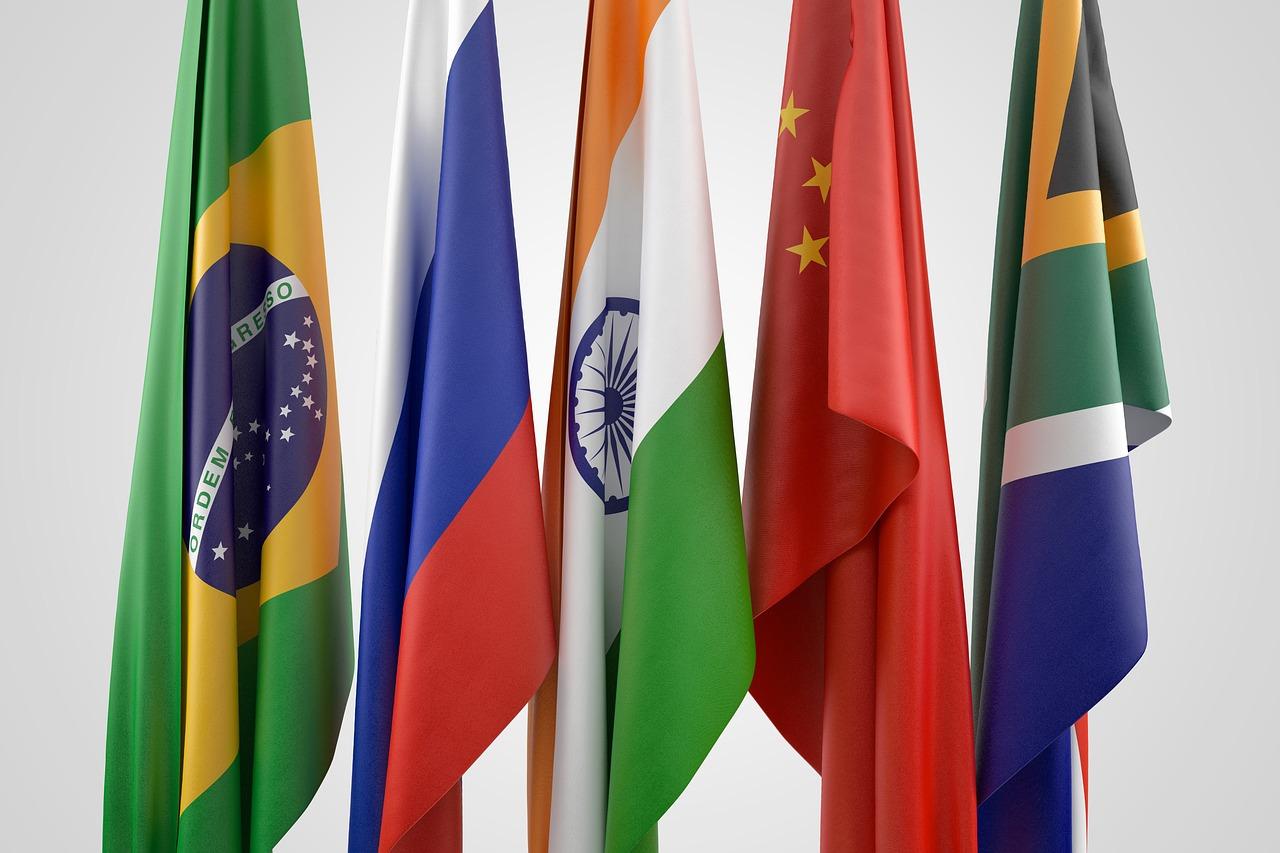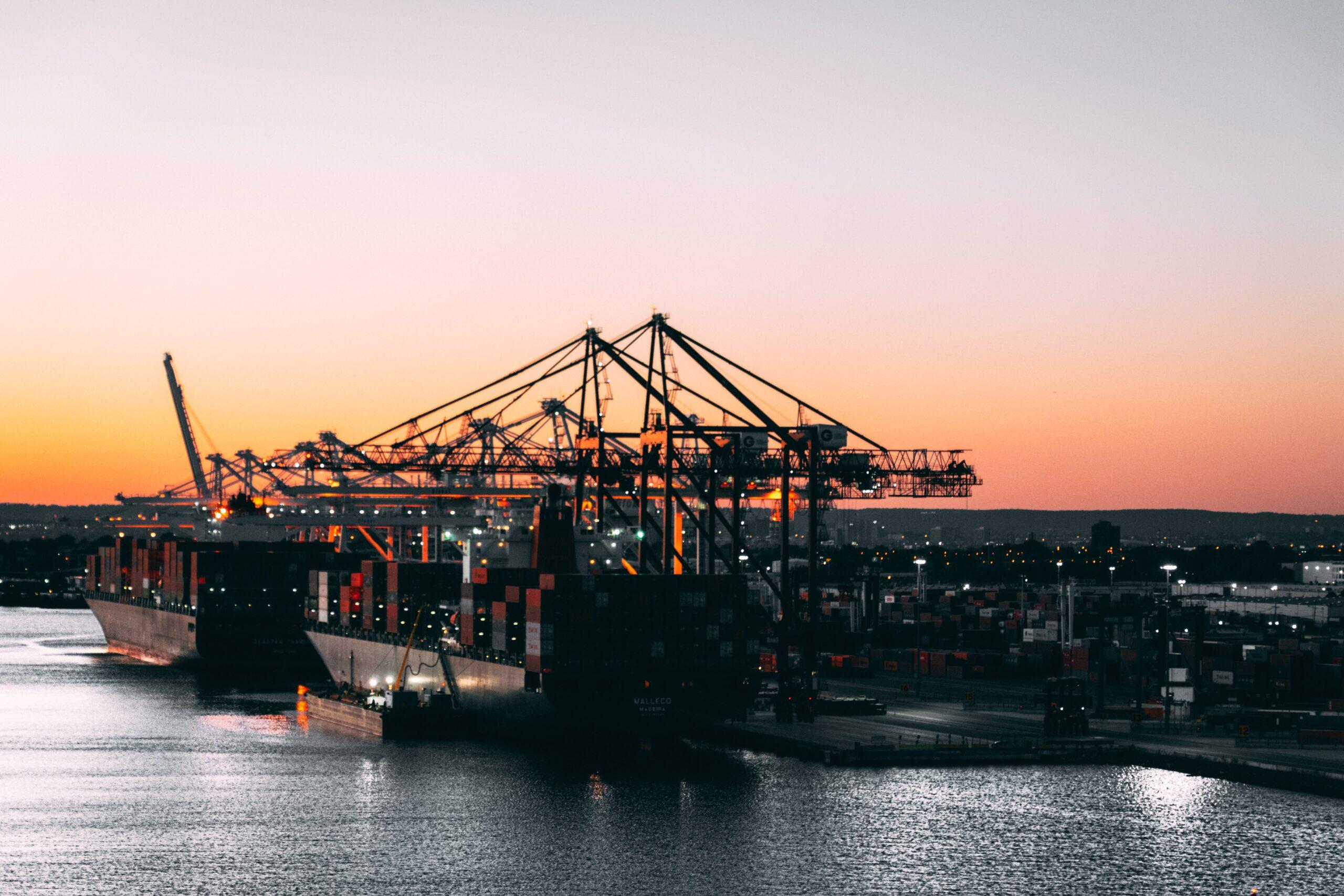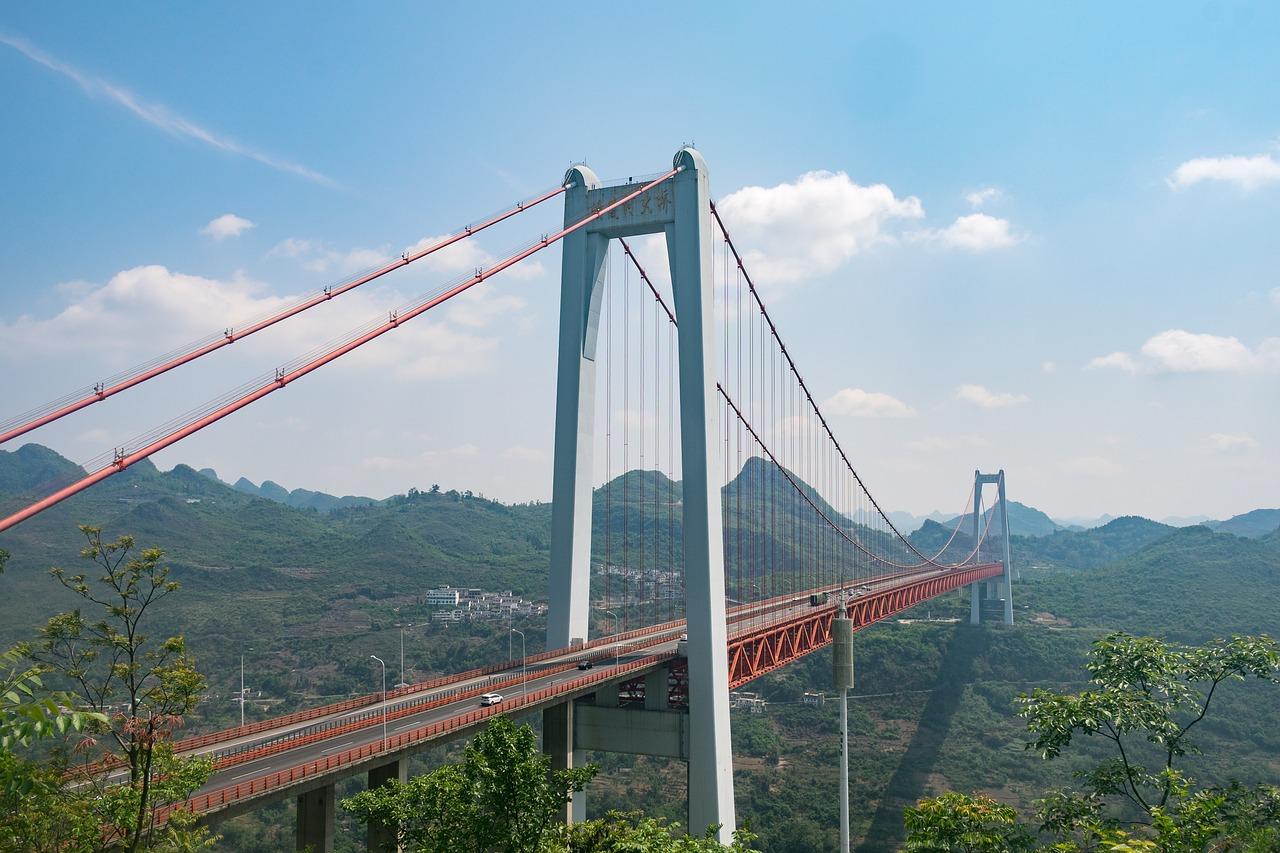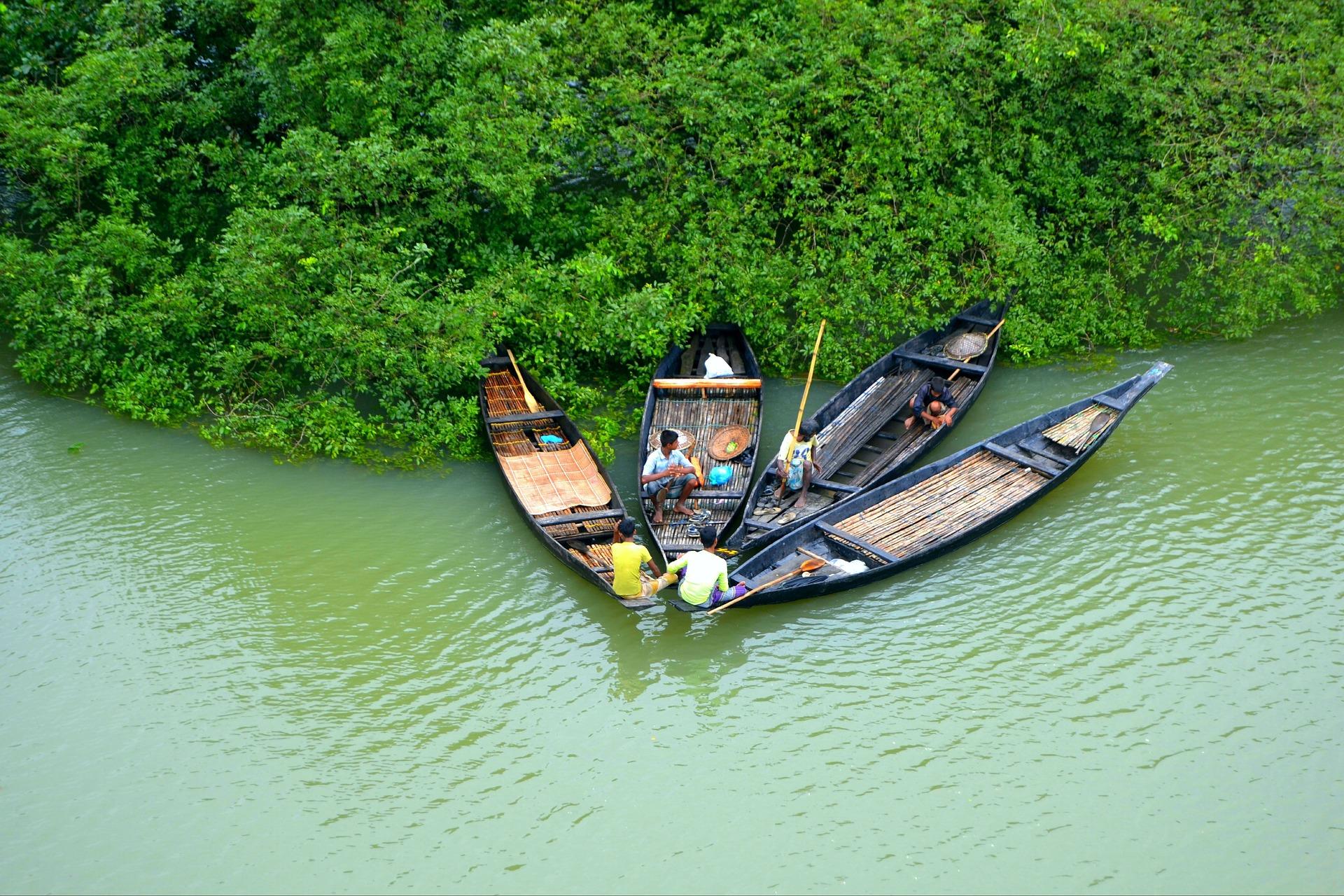
The German Automotive FDI in China: EVs, Innovation and Competitiveness
German carmakers Volkswagen (VW), BMW and Mercedes-Benz are increasing their presence and Foreign Direct Investments in China, which is showing new investment patterns. The Chinese Electrical Vehicle (EV) expertise and technology, together with the country’s large market, could help the European automotive industry to retain global competitiveness and further its electrification process. In this context, the EU should place the European automotive industry’s interests at the centre of its green transition. Apart from the growing political scepticism and potential competition, economic collaboration with Chinese companies and the need for a broader understanding of the Chinese market as well as related strategies will become increasingly important in the long term.








